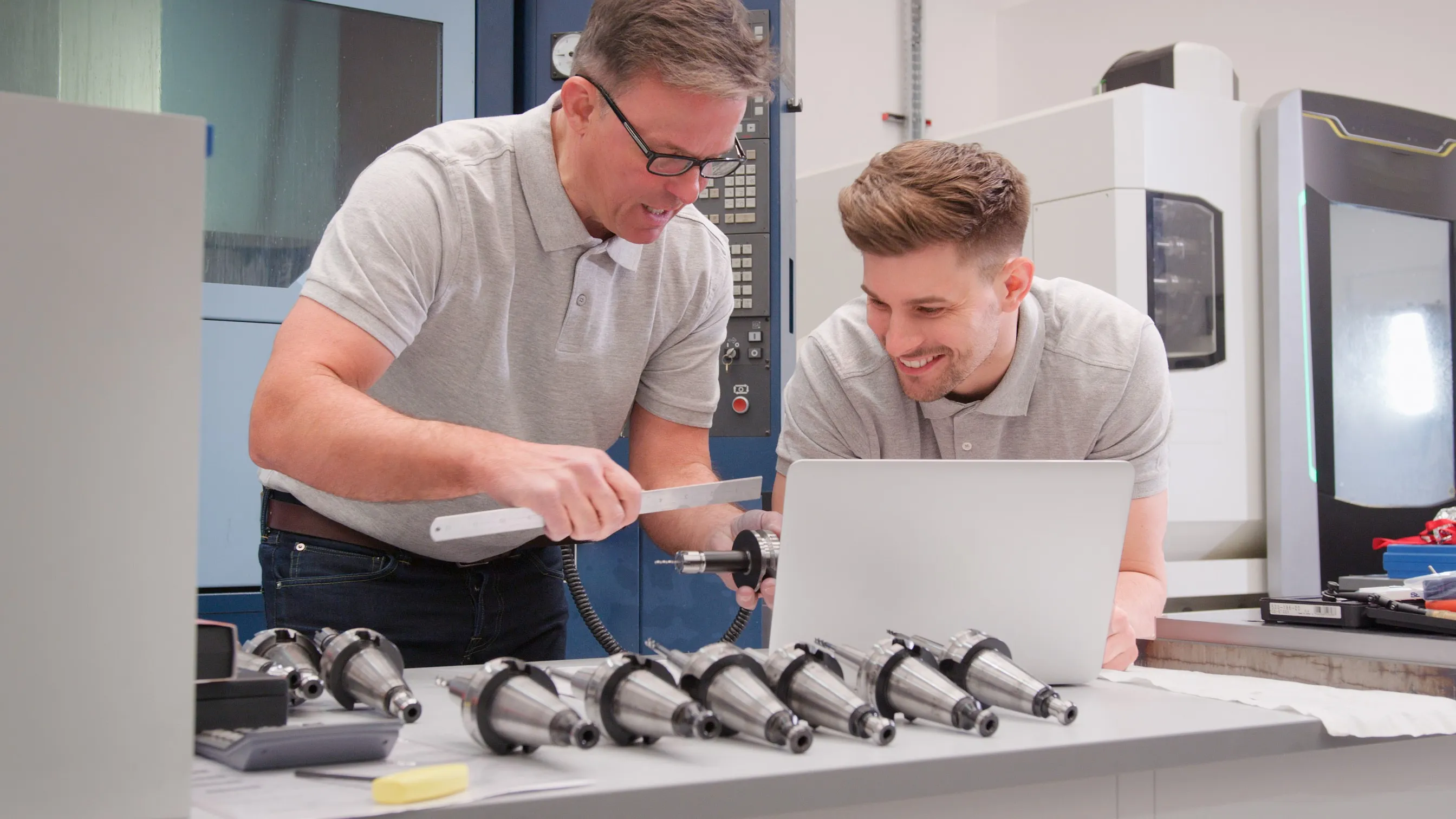
Secure Jury Communication Tools: Enhancing Confidentiality and Collaboration
In an era where information security is a top priority, jury rooms must be equipped with tools that protect privacy while enabling seamless collaboration. Secure jury communication tools have become essential components in ensuring that jurors can deliberate freely, exchange ideas confidently, and review sensitive material without risk of breach or eavesdropping.
The integration of secure AV technology in jury rooms is not just about modernization—it is a crucial element in safeguarding the integrity of the legal process.
The Legal Need for Secure Communication
Jurors are expected to review, analyze, and debate complex evidence as part of their role in reaching a fair verdict. This process requires open, honest dialogue, but that can only occur in an environment where privacy is fully protected. Without secure systems in place, there is a risk that external noise or technical vulnerabilities could compromise the sanctity of the deliberation.
Secure jury communication tools are designed to mitigate these risks. They allow for crystal-clear audio discussions, protected digital content sharing, and private review of materials, all within a framework that prioritizes legal confidentiality and compliance.
Core Technologies Supporting Private Deliberation
These systems encompass a range of technologies, from encrypted audio networks and isolated video conferencing tools to secure wireless sharing platforms. The common goal is to create a secure AV ecosystem where nothing leaves the room unless explicitly authorized.
Audio components are typically enhanced with directional microphones and sound-masking systems, allowing voices to be captured clearly inside the room while remaining inaudible outside. Displays and video tools are locked to prevent remote access or interception. Even control systems are password-protected and sometimes integrated with card or biometric access to ensure that only authorized users can activate or manage the technology.
These secure jury communication tools function together to create an environment that supports collaboration while upholding strict legal confidentiality.
Overcoming Implementation Barriers
Upgrading jury rooms with secure communication tools requires careful planning and specialized knowledge. Retrofitting older spaces, navigating courthouse IT policies, and ensuring compliance with legal AV standards all pose challenges.
CTI offers solutions that account for these variables. Their secure AV systems are custom-designed to align with the architectural, regulatory, and operational needs of each courtroom. Whether the space is brand-new or part of a historic building, CTI’s experts develop integration strategies that preserve both security and usability. Visit CTI’s secure jury communication tools page to see how their designs support confidential collaboration in modern jury rooms.
Legal Trends Driving AV Security
The demand for privacy-first communication tools in legal settings is growing, especially as digital evidence and remote court capabilities become more common. Courts are investing in systems that enable secure, real-time sharing of media, whether it be a piece of video evidence or a set of digital documents under review.
The AV industry is responding with advanced systems that cater specifically to the justice sector. In an AVNation report on secure AV environments, thought leaders emphasized the importance of acoustic and digital security in spaces like jury rooms, noting that trust in the system begins with secure communication.
This industry momentum reinforces the idea that courts must treat communication tools not just as technical conveniences but as essential components of a legally sound environment.
Future-Proofing Jury Communication
The evolution of secure jury communication tools will continue as new risks and technologies emerge. Features such as real-time transcription, AI-assisted evidence indexing, and enhanced visual collaboration platforms may soon be integrated into jury rooms. However, all of these tools must meet the same standard: protecting the privacy of those involved in the legal process.
Jurisdictions that invest today in scalable, future-ready communication infrastructure will be best positioned to adapt to evolving requirements while maintaining trust and compliance.
To discover how CTI can help your facility implement secure jury communication tools, contact their team today or visit CTI’s secure jury communication tools page for a deeper look at available solutions.
Talk to Us About Your Project
Too busy to chat right now?
Send us a message.
